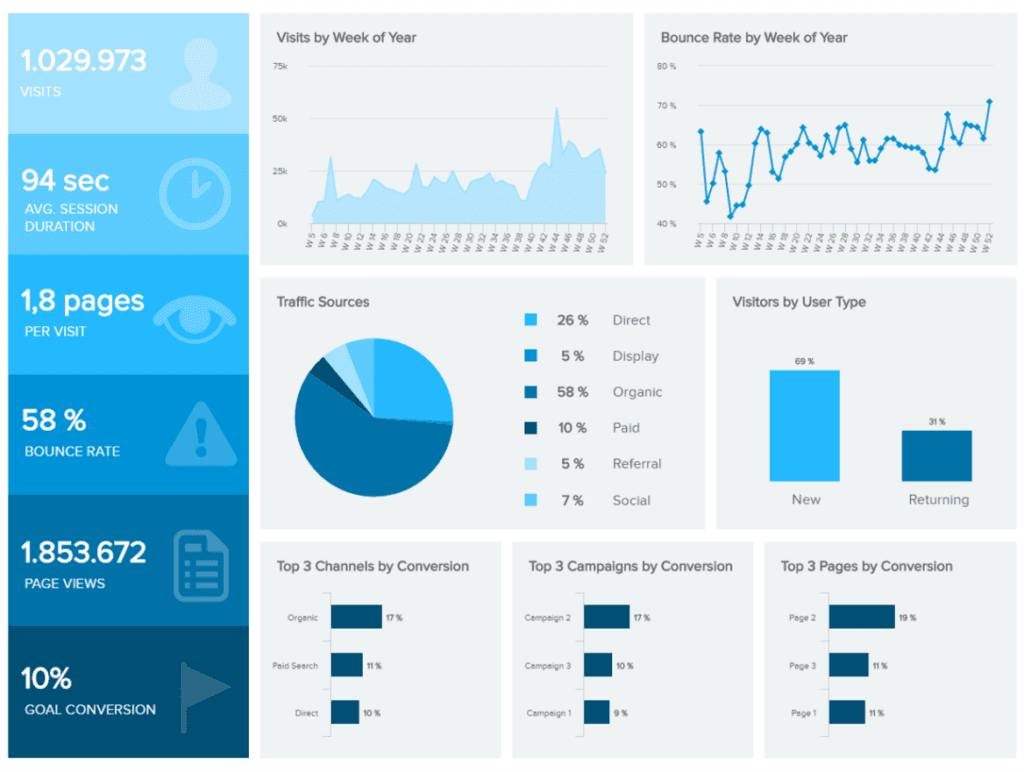In today’s rapidly evolving digital landscape, B2B marketers in the industrial sector must stay ahead of the curve to drive results and maintain a competitive edge. As we move towards the second half of 2024, several key trends and technologies are reshaping the B2B marketing landscape, offering new opportunities for growth and engagement. This post explores how we marketers can empower ourselves with the latest trends and technologies to succeed in industrial marketing.

Embracing AI and Automation
Artificial Intelligence (AI) and automation are revolutionizing B2B marketing, offering unprecedented opportunities for efficiency and personalization. Here’s how marketers can leverage these technologies:
- Implement AI-powered tools for personalized content creation, streamlining the development of tailored messages for different audience segments.
- Use marketing automation platforms to enhance efficiency in lead nurturing and campaign management.
- Employ AI-driven data analysis and predictive analytics to gain deeper insights into customer behavior and market trends.
- Integrate chatbots for improved customer service and initial lead qualification.
By embracing these technologies, marketers can save time, improve targeting, and make data-driven decisions to optimize their campaigns.
Focusing on Personalization and Account-Based Marketing (ABM)
Personalization has become crucial in B2B marketing, with Account-Based Marketing (ABM) emerging as a powerful strategy. To implement effective personalization:
- Develop tailored experiences for high-value accounts using ABM strategies.
- Leverage AI and data analytics to create hyper-personalized campaigns.
- Address the needs of multiple decision-makers involved in B2B purchases through targeted content and messaging.
Investing in Content Marketing and Thought Leadership
High-quality content remains king in industrial marketing. To stand out:
- Produce insightful thought leadership content to build brand authority and trust.
- Use storytelling techniques to make complex products and services more accessible and engaging.
- Leverage specialized media platforms to reach your target audience effectively.
- Create content that resonates emotionally with B2B customers, addressing their pain points and aspirations.
Adopting Data-Driven Marketing Practices

Use data analytics to drive your marketing strategy:
- Gain actionable insights into customer behavior to inform your marketing decisions.
- Improve lead generation and nurturing processes based on data-driven insights.
- Optimize marketing ROI by allocating resources to the most effective channels and tactics.
- Make informed decisions about strategy and resource allocation using comprehensive data analysis.
Integrating Marketing and Sales
Breaking down silos between marketing and sales teams is crucial for B2B success:
- Align marketing and sales efforts to ensure consistent messaging throughout the buyer’s journey.
- Collaborate on lead nurturing and conversion strategies to improve overall effectiveness.
- Share insights and data between teams to create a more holistic customer acquisition and retention approach.
Leveraging Video Marketing

Video content is becoming increasingly important in B2B marketing:
- Create engaging product demonstrations and explainer videos to showcase your offerings.
- Develop educational content to position your brand as an industry thought leader.
- Share customer testimonials and case studies through video to build trust and credibility.
Prioritizing Sustainability and Ethics
As sustainability becomes more important to B2B buyers:
- Incorporate sustainable practices into your marketing strategy and messaging.
- Communicate your company’s commitment to ethical business practices transparently.
- Use transparent and honest communications about your brand’s values and sustainability initiatives.
Exploring Emerging Technologies

Stay ahead of the curve by exploring:
- Virtual and augmented reality for interactive product demonstrations and immersive experiences.
- Internet of Things (IoT) for enhanced product storytelling and data collection.
- Predictive analytics for more precise lead scoring and targeting.
Adapting to Changing Privacy Regulations
With the phasing out of third-party cookies, focus on:
- Building first-party data collection strategies to maintain valuable customer insights.
- Implementing ethical data collection practices to build trust with your audience.
- Exploring alternative ways to track and measure marketing effectiveness in a privacy-first world.
Continuous Learning and Adaptation

To learn and to be informed about industry trends:
- Attend industry events and webinars to network and gain new insights.
- Engage with thought leaders on professional networks like LinkedIn to stay connected with industry developments.
- Regularly review and update your marketing strategies based on performance data and emerging trends.
By embracing these trends and technologies, B2B marketers in the industrial sector can create more effective, efficient, and results-driven marketing strategies. The key is to remain flexible, data-driven, and customer-focused while leveraging the power of new technologies to enhance traditional marketing approaches. As the B2B landscape continues to evolve, those who adapt and innovate will be best positioned for success in 2024 and beyond.
Subscribe today not to miss a thing.
My blog posts of the week emailed to you in a nice little (email) package.


